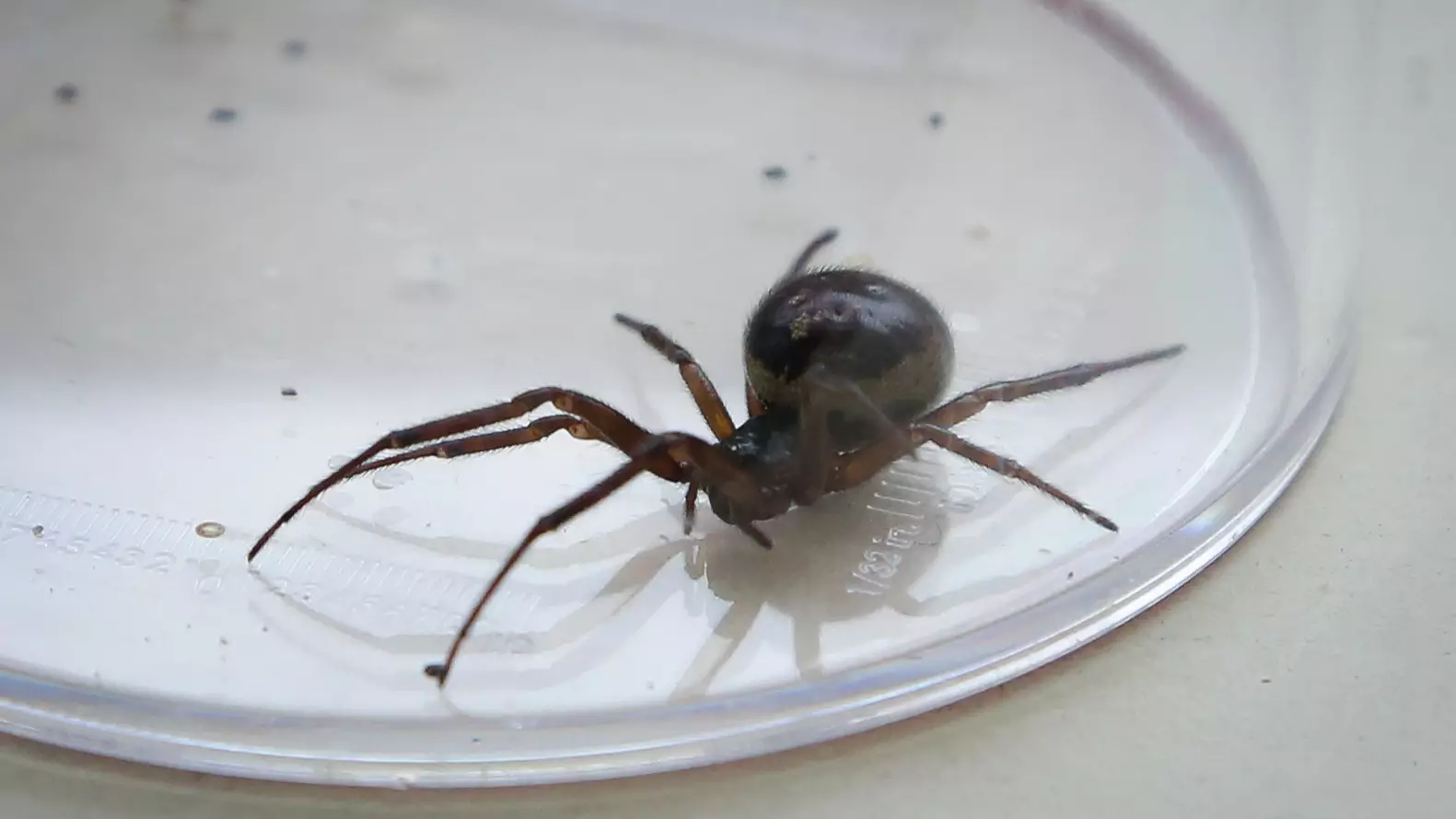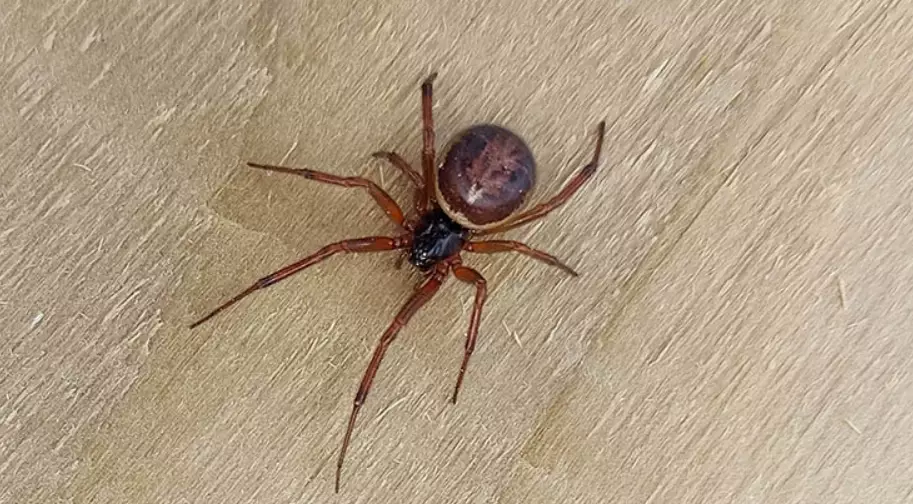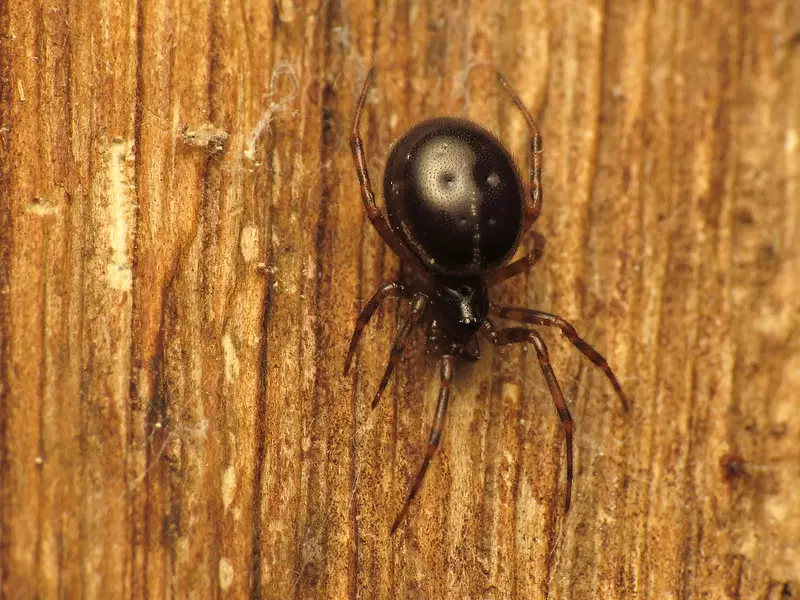
The number of False Widow spiders in the UK and Ireland are on the rise, according to a new study from the University of Ireland Galway - which also confirmed that their bite can prove so severe that it may lead to hospitalisation.
While the Noble False Widow (Steatoda Nobilis) is similar in appearance to the notoriously deadly black widow spiders, they are nowhere near as harmful.
However, new research - which was published in medical journal Clinical Toxicology earlier this week - reveals that the species may be more problematic than we realised, with a press release from the University of Ireland Galway confirming they spiders do have 'public health implications' after all.
Advert
According to the university, the Noble False Widow originates from Madeira and the Canary Islands, and was first been documented in Britain more than 140 years ago.

But now the species has the potential to become 'one of the world's most invasive species of spider', having 'suddenly increased in numbers, significantly expanding its range and density' in recent decades.
A press release says: "With the increase in False Widow spiders around homes, bites are becoming more prevalent, and scientists are now beginning to realise the full medical importance of these spiders."
Advert
Detailing symptoms, it continues: "Envenomation symptoms can be both localised and systemic, ranging from mild to debilitating pain and mild to intense swelling. Some victims have experienced tremors, reduced or elevated blood pressure, nausea and impaired mobility.
"In rare instances, victims have developed minor wounds at the bite site or had to be treated for severe bacterial infections."
Dr John Dunbar, Postdoctoral Researcher at the Venom Systems Lab at NUI Galway and lead author of the study, said: "Speculations around the potential severity of the bites by the Noble False Widow have been debated for many years. We only compiled envenomation cases where we had a clear identification of the spider responsible for the bite.
Advert
"We had to rely on DNA extraction and genetic profiling to confirm some cases. We are encouraging people to capture a photograph of the spider immediately after being bitten. Our latest study confirms without a doubt that Noble False Widows can cause severe envenomations (the process by which venom is injected).
"This species is increasing its range and population density which will undoubtedly lead to an increase in bites (since submitting our study in March we have already received further confirmed bite cases). While most cases will have a mild outcome, we need to continue to closely monitor bites by the Noble False Widow to understand the potential range of symptoms and to treat severe cases when they occur."
Dr Michel Dugon, Head of the Venom Systems Lab at NUI Galway and senior author of the study, added: "Two decades ago, this species was almost unknown in Ireland, the UK or in continental Europe. We still have much to learn about its genetics, origin, behaviour and development. One thing is certain though: this species is here to stay, and we must learn how to live with it."
